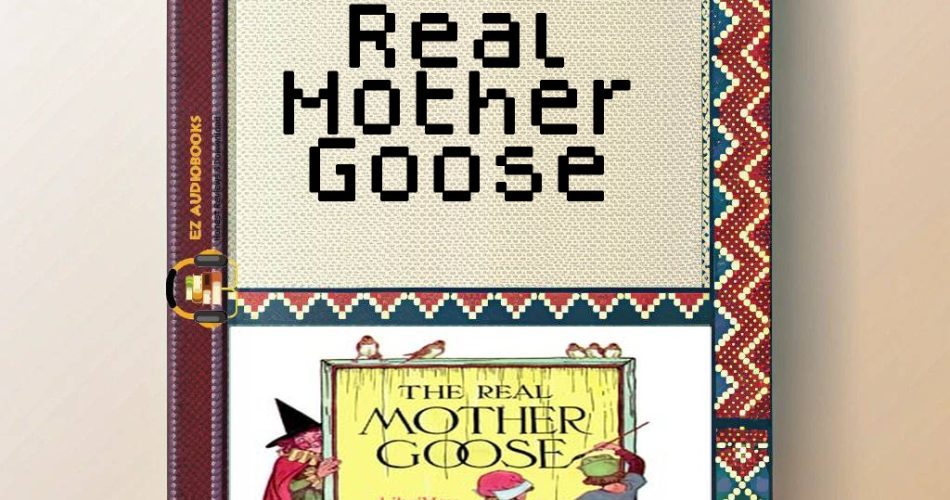Audiobook Sample
Listen to the sample to experience the story.
Please wait while we verify your browser...
There’s something magical about hearing childhood rhymes through the voice of a skilled narrator – it’s like being handed a key to a secret garden of memory. The Real Mother Goose audiobook, narrated by Allyson Hester, offers precisely this kind of transportation. As someone who’s spent years collecting oral traditions from grandmothers in Oaxaca to street performers in Lisbon, I can attest that these nursery rhymes represent some of our most fundamental human connections – the passing of wisdom, rhythm, and joy from one generation to the next.
Listening to this collection took me back to two distinct moments in my own journey. First, to a sweltering afternoon in a Mexican plaza where I watched an abuela teach clapping games to her granddaughter – the same ‘Pat-a-cake’ pattern I suddenly remembered from my own preschool years. Then it whisked me to a rainy London hostel where a group of backpackers from six different countries discovered we all knew some variation of ‘Ring Around the Rosie.’ That’s the power of these rhymes – they’re cultural DNA, carried in the voices of parents and teachers across centuries and continents.
Allyson Hester’s narration captures this universal quality beautifully. Her voice has the warm, measured cadence of a beloved kindergarten teacher – patient without being patronizing, playful without slipping into caricature. She particularly shines in the counting rhymes; her ‘One, Two, Buckle My Shoe’ has such natural rhythm you can almost see children jumping rope to it. The production stays true to LibriVox’s signature minimalist style, which I appreciate – no distracting sound effects, just clean narration that lets the rhymes’ inherent musicality shine through.
Modern parents might raise eyebrows at some archaic language (‘pease porridge hot’ certainly doesn’t feature in today’s toddler menus), but these linguistic artifacts are precisely what make the collection valuable. Like finding seashells in a desert, they’re evidence of how far our daily lives have drifted from their origins. The occasional controversial rhyme (the problematic ‘Ten Little Indians’ is thankfully absent here) serves as a conversation starter about how we curate tradition for new generations.
Compared to other audio versions – some overproduced with jingles and character voices – Hester’s straightforward delivery honors the oral tradition at these rhymes’ core. It reminds me of those Oaxacan storytelling nights where the power came from language alone, unadorned. For families, this audiobook makes perfect car trip material – short enough to hold young attention spans, rich enough to spark questions about history and wordplay.
If I could make one improvement? I’d love liner notes tracing the origins of selected rhymes – how ‘Baa Baa Black Sheep’ connects to medieval wool taxes, or why ‘London Bridge’ appears in cultures worldwide. But perhaps that’s the travel writer in me, always hungry for backstory. As it stands, this free audiobook remains a wonderful way to give children what my Mexican friends call ‘heritage in the voice’ – that priceless sense of belonging to a chain of tellers and listeners stretching back through time.
With a storyteller’s appreciation for voices that carry the past forward,
Marcus Rivera

